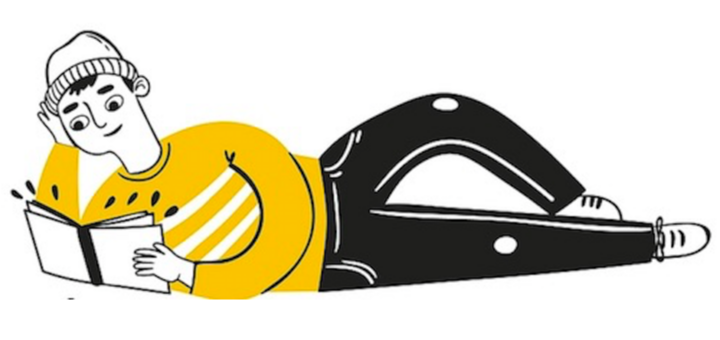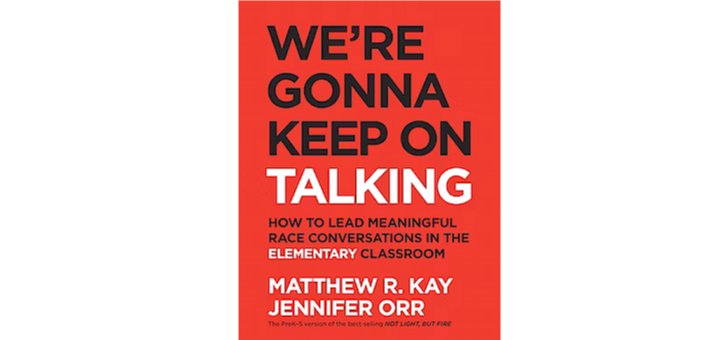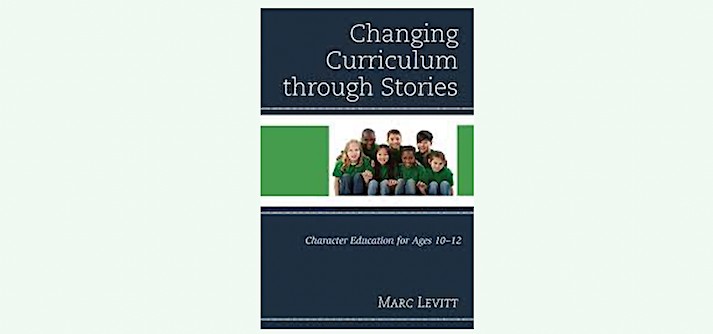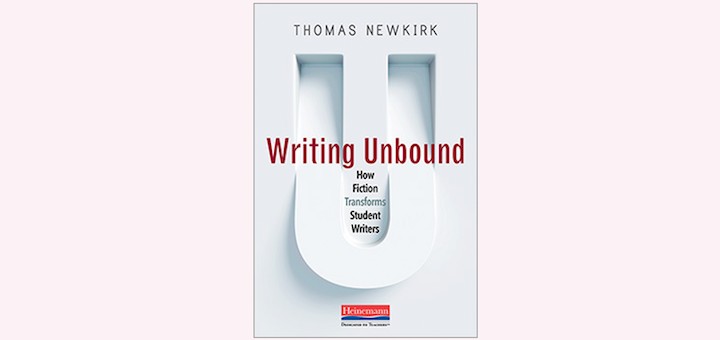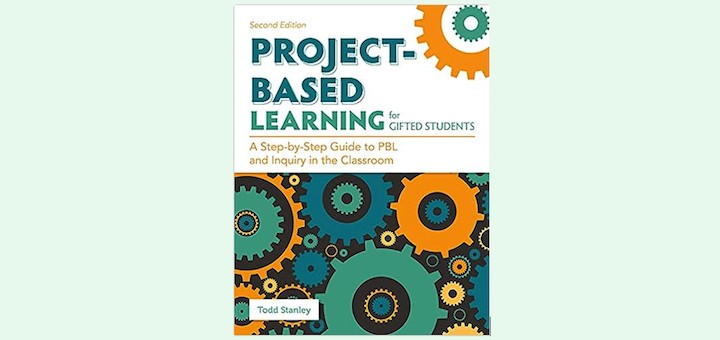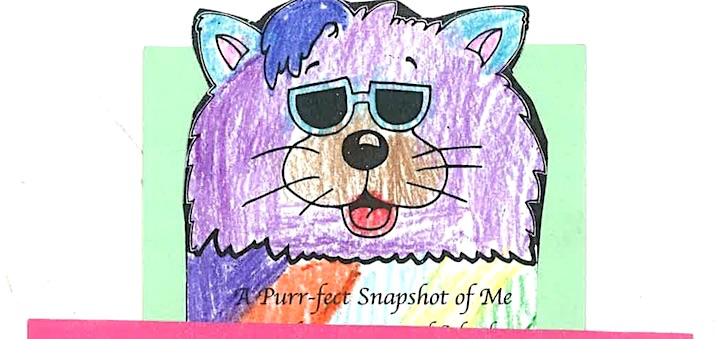Independent Reading Helps Build Endurance
When we give students time to read a book they’ve chosen, time to practice skills and strategies they’ve been taught, time to read for pleasure and intellectual growth, time to talk about what they’ve read, they build reading stamina and endurance, write Dorfman and Krupp.

